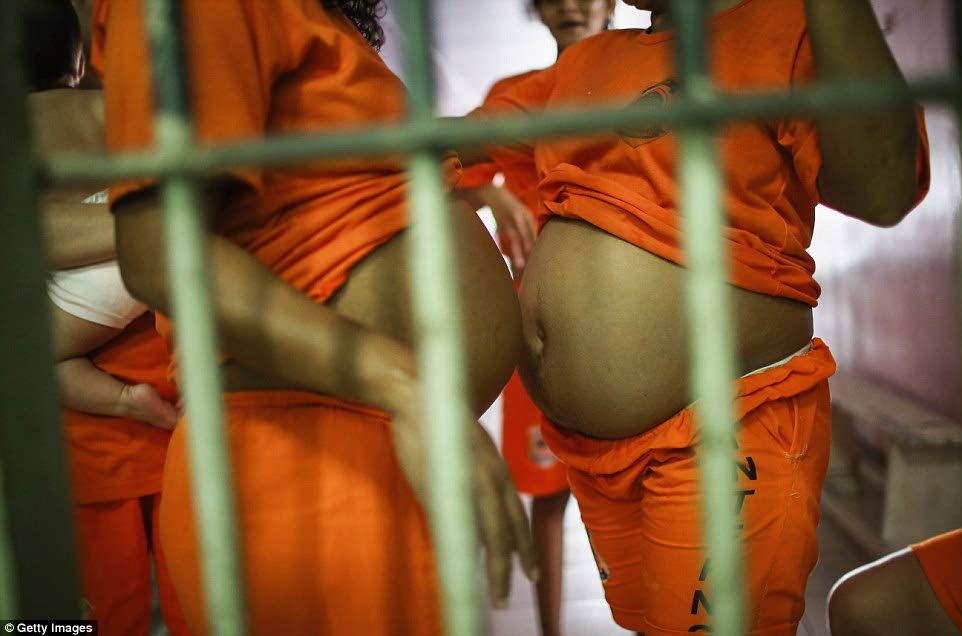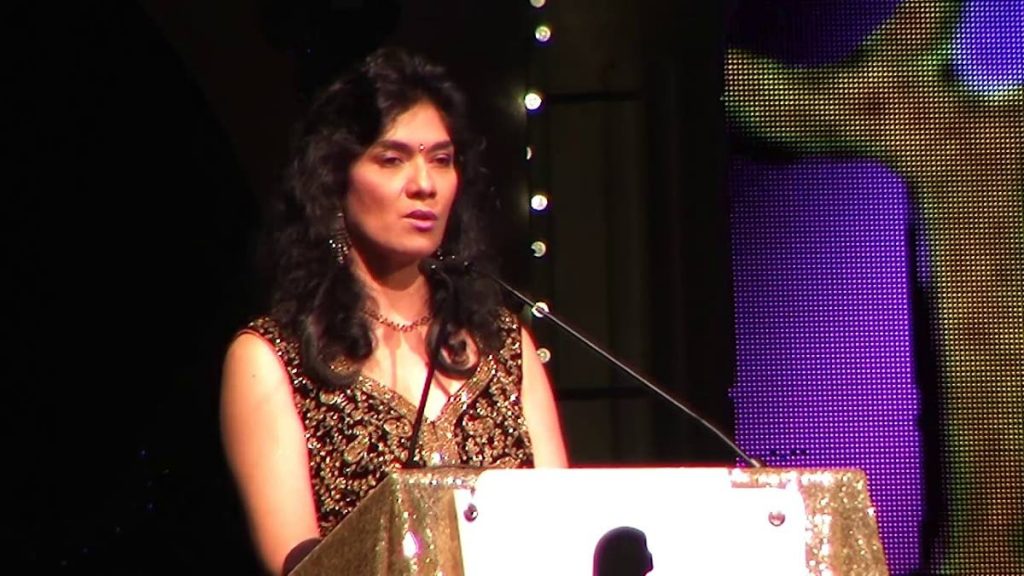Pregnant inmates can’t keep babies

It’s a cold-hearted scenario: a child being taken away from its mother at birth, with no chance to bond physically until the child turns 18 or the mother is released, except for special, sanctioned visits.
But this is the case with inmates at the Women’s Prison at Golden Grove, Arouca.
Commissioner of Prisons Gerard Wilson told Sunday Newsday there had been few inmates who gave birth over the years, but the mothers were not allowed to keep their children for any length of time. This was because the prison did not have accommodation for children, and it was illegal for anyone who was not incarcerated to be kept in a prison. Instead, he said, the child would be handed over to a relative or put up for adoption.
In a statement to Sunday Newsday, the Children’s Authority said it had not received any requests to take newborn babies of female prisoners into its care since it began operations two years ago.
“As is customary, once the authority receives a request to provide support to a child in need of care and protection, the authority’s investigation team will first seek to find other relatives who may be willing to care for the child. If there are no relatives willing to assist, and the mother is desirous of giving the child up for adoption, the authority would receive the child into its care and after a period of six weeks consent would be taken from the parent.”
If the mother did not want to give up the child, the authority would then seek to place the child in foster care so he or she could benefit from a family environment. If no foster parents were available, the child would be put in a community residence.

Obstetrician/gynaecologist Dr Sherene Kalloo explained that the babies were delivered at the Mt Hope Women’s Hospital, where they received normal post-natal care – except that they would be under guard. She said with a normal delivery, the new mother would be sent back to prison the next day and with a Caesarean section, the mother would be warded until she was healed. “Yes, we are losing that bonding and breastfeeding aspect of it, “ she said, “but the baby doesn’t deserve to be in prison.”
Wilson agreed that the situation was not ideal and hoped it would change in the future.
“These are some of the issues we need to look at in TT as we go forward in the penal system” he said. Referring to 38-year-old Kizzy Bernard, who was eight months pregnant when she was granted bail after being charged, along with three men, for the $5 million heist at Piarco Airport, Wilson said, “When things like this happen, then these questions are asked – and they are good questions.”
A nursery in the prison was recommended in the Prison Reform and Transformation Task Force Report 2002, he said, and a building next to the women’s prison was allocated for it so new mothers could have more time with their children. But it never materialised.
“It’s a process. You have to have legislation and so forth so the baby could be on the compound, and other things had to be done to get that going. But because of funding it never moved forward and it was put on the back burner.”
When it came to antenatal care, Kalloo explained that doctors from the women’s hospital worked with the prisons and would visit weekly to see inmates. She said all doctors were trained to see patients up to 28 weeks pregnant. However, if there were any medical or obstetric complications, the patient was referred to the women’s hospital for tests or treatment, accompanied by prison officers.
“If they are seen and they are fine, they would be sent back. If they need admission, they would be admitted and they would be under guard at the hospital until delivery if necessary...So they are treated as any other normal pregnant patient would be.”
On the proposed nursery at the prison, Kalloo said, “If they can have a nursery setting in a prison, then it should be across the board, in all government offices in the entire country. I mean, what makes them more special than everybody else? You have people working hard, trying to make ends meet, who want to bond with their children.” That bonding, she said, “is responsible for the future of a child.”

Comments
"Pregnant inmates can’t keep babies"